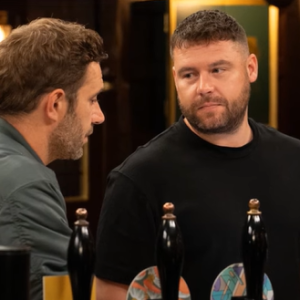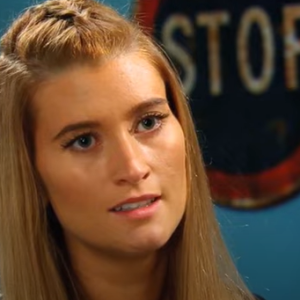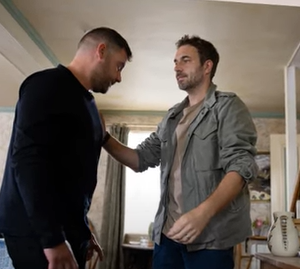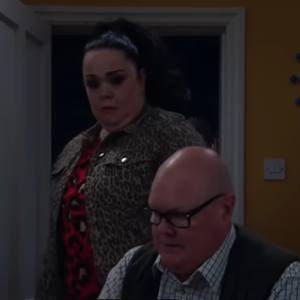A Breakthrough on Screen: Bradley Riches and the Power of Representation
In the world of television and film, few moments are as impactful as when representation truly shines. Bradley Riches, an emerging star known for his roles in Netflix’s hit series Heartstopper and his appearance in the Celebrity Big Brother house, has recently made history by taking on his first regular role in the UK’s beloved soap opera Emmerdale. This wasn’t just any role—Riches portrays Lewis Barton, the first neurodivergent character ever featured in the long-standing series. It’s a milestone—a culmination of years of hard work, personal growth, and a passionate desire to tell authentic stories about autism and neurodiversity. The scene was set not only for a new chapter in his career but for a broader cultural shift that champions honesty, understanding, and inclusion.
Riches’ journey to this historic moment is anything but ordinary. Before stepping into the world of Emmerdale, he gained acknowledgment through his compelling depiction of James in Heartstopper, a series that resonated deeply with audiences worldwide. His portrayal wasn’t just about playing a character; it was about bringing visibility and nuance to a community often misunderstood or marginalized. The significance of his debut wore a special weight because Riches’ own life as a nurse and advocate for autistic people made the role profoundly personal. For him, this was a chance to share stories close to his heart, to educate, and to challenge stereotypes—an ambition that fueled his desire to be part of such a legendary show.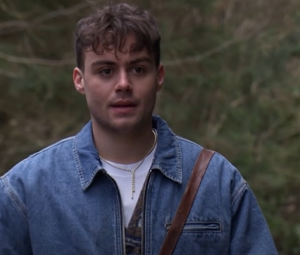
The response from fans and critics alike has been overwhelming. For many viewers, Riches’ portrayal was not only a breakthrough for TV but also a deeply emotional experience. Characters like Lewis don’t just exist on screen—they mirror real lives. Riches himself emphasized the importance of dialogue, of having conversations about language and perspectives within the autism community. Behind the scenes, he worked closely with the production team, ensuring his role was as authentic as possible. This collaboration highlights a growing trend within the industry: creators are increasingly committed to meaningful representation, understanding that stories about neurodiversity need to reflect real experiences, not stereotypes. The hope is that this sparks a larger conversation, both on and off-screen, about inclusivity and understanding.
Bradley Riches’ personal narrative is equally compelling. His own experiences—including his candid discussions about his sexuality and autism—have shaped his journey. Strikingly, he found that Big Brother became a sort of mental sanctuary, allowing him to open up about deeply personal issues that are often difficult to face. His honesty led to breakthroughs—one of which was the realization of the importance of authentic storytelling. His dedication to honoring his late grandfather, Peter, through this role added an emotional layer that touched many. The significance was clear: this was more than an acting gig; it was a tribute, a way to keep his grandfather’s memory alive and continue advocating for awareness.
Looking ahead, Riches’ career is poised to soar even higher. He’s already involved in the upcoming Heartstopper film, signaling that his journey of storytelling is only beginning. As he prepares for wedding plans with his co-star in Emmerdale and anticipates new creative projects, his focus remains on promoting understanding and elevating marginalized voices. Through his work, he hopes to inspire others to embrace their authentic selves, proving that true representation happens when stories are told with honesty, compassion, and courage. For Bradley Riches, the journey continues—not just as a rising star, but as a champion for change, illuminating the path toward a more inclusive and understanding world.
